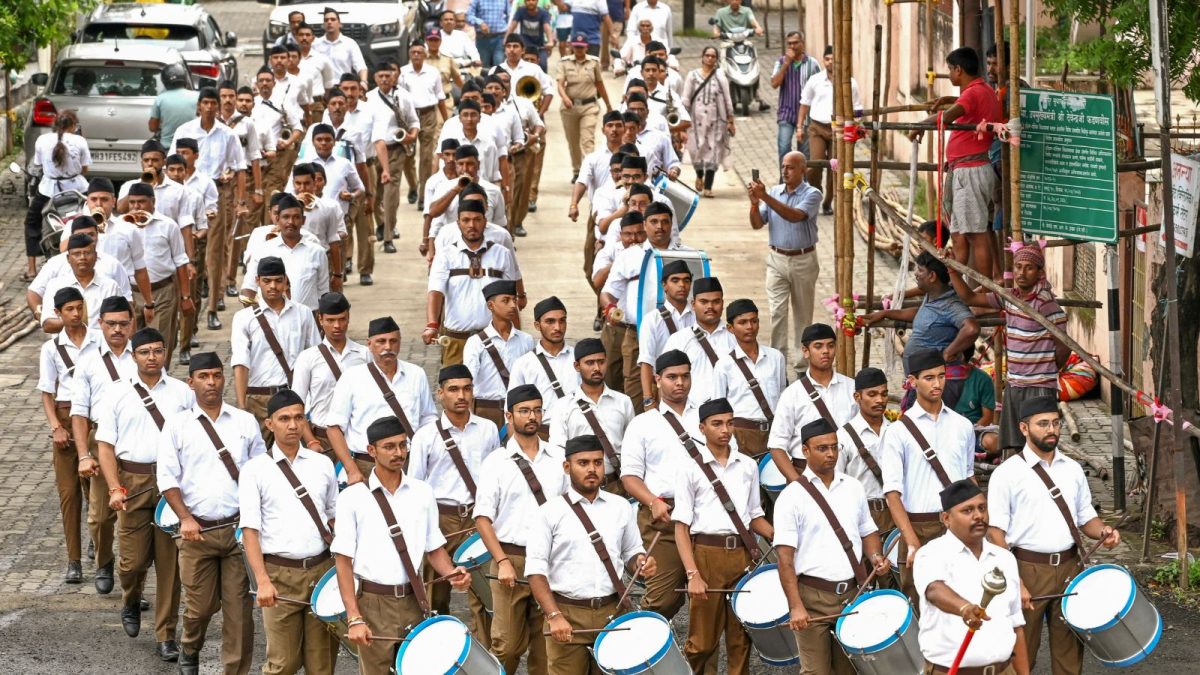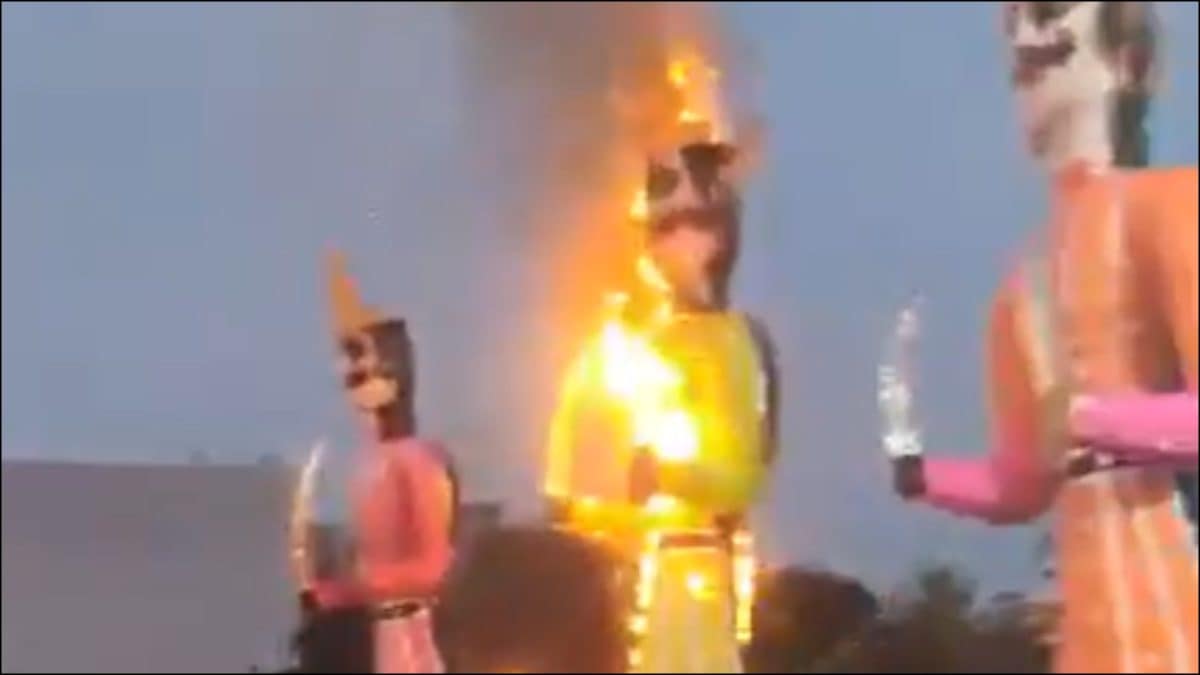Last Updated:
For 100 years, the pracharak-pratha has been the soul of the RSS, ensuring continuity, discipline, and leadership rooted in service

Pracharaks are swayamsevaks who take a lifelong oath to dedicate themselves fully to the service of Bharat Mata (Mother India). (PTI)
As the Rashtriya Swayamsevak Sangh (RSS) completes 100 years on Vijayadashmi on October 2, it remains one of the most discussed, yet often misunderstood, organisations in India. To truly understand the Sangh, one must look at its unique working style. From founder Dr KB Hedgewar to the present chief Mohan Bhagwat, the organisation has shown remarkable adaptability, held together by one constant: its leadership is always entrusted to a Pracharak.
Life Of A Pracharak
Recommended Stories
Pracharaks are swayamsevaks who take a lifelong oath to dedicate themselves fully to the service of Bharat Mata (Mother India). They live simple, austere lives, often in an RSS office or a bare room with just a mattress or bed. Their basic needs such as food, clothing, and shelter are met by fellow swayamsevaks. They receive only a modest allowance for travel and essential expenses, as they spend their lives moving wherever the organisation sends them, a senior functionary of the Delhi wing of RSS shared.
Roles & Responsibilities
Pracharaks serve at different levels, from the Sarsanghchalak at the top to the Nagar Vistarak (block pracharak) at the grassroots. Most begin as young vistaraks, working with students and youth, before gradually taking on higher responsibilities. They also lead relief efforts during natural disasters and other emergencies, ensuring the Sangh’s presence in times of need.
This selfless tradition has produced leaders for various wings of the Sangh Parivar. Ashok Singhal went on to lead the Vishwa Hindu Parishad and the Ram Mandir movement. Dattopant Thengadi became one of the intellectual and organisational pillars of the Sangh, founding the Bharatiya Mazdoor Sangh, Bharatiya Kisan Sangh, and several other social forums, while co-founding the ABVP, Adhivakta Parishad, and Bharatiya Vichara Kendra.
From Pracharak to Political Leadership
The pracharak-pratha has also nurtured national political leadership. Prime Minister Narendra Modi himself began as a Zila Pracharak in Gujarat under Madhukar Rao Bhagwat, father of current chief Mohan Bhagwat. Recalling his early days, Modi once said that “Madhukar Rao-ji showered me with as much love as he gave his own son.” This reflects how the Sangh fosters family-like bonds among non-family members. Many towering leaders, including Atal Bihari Vajpayee, began as pracharaks before being assigned to political roles in the Bharatiya Janata Party (BJP). Nearly all BJP state general secretaries today are pracharaks, chosen for their organisational discipline and proven management skills. Even LK Advani, though not a pracharak, had been a swayamsevak from his student life.
Two unwritten rules define the life of a pracharak. First, the senior leadership is expected to remain unmarried, ensuring complete commitment to the mission. Madhukar Rao Bhagwat and MG Vaidya were rare exceptions. Second, pracharaks follow organisational orders without question, often relocating to distant states or even countries like Nepal.
This discipline fosters neutrality and selflessness. A celibate and detached life allows leaders to make objective and impartial decisions for the good of the organisation, free from personal interest.
A report regarding the same was published in ‘Harijan’, a weekly newspaper that Mahatma Gandhi used to publish, on September 28, 1947.
A Different Take
The report said: “Gandhi ji said that he had visited the Rashtriya Swayamsevak Sangh camp years ago at Wardha, when the founder Shri Hedgewar was alive. The late Shri Jamnalal Bajaj had taken him to the camp and he (Gandhi) had been very well impressed by their discipline, complete absence of untouchability and rigorous simplicity.”
Despite ideological differences, there are many in the political spectrum who have hailed the RSS for its role during state of emergencies or natural disasters. “I have worked with the RSS during Gujarat floods. RSS works brilliantly especially during natural disasters,” said Dushyant Dave, senior advocate.
A Century of Continuity
For 100 years, the pracharak-pratha has been the soul of the RSS, ensuring continuity, discipline, and leadership rooted in service. From grassroots organisers to prime ministers, the tradition has built a legacy of selfless work, making the Sangh a “dynasty-free organisation”, sustained not by dynastic succession but by men who dedicate their lives wholly to an idea and a mission.
October 02, 2025, 15:05 IST
Loading comments…
Read More



